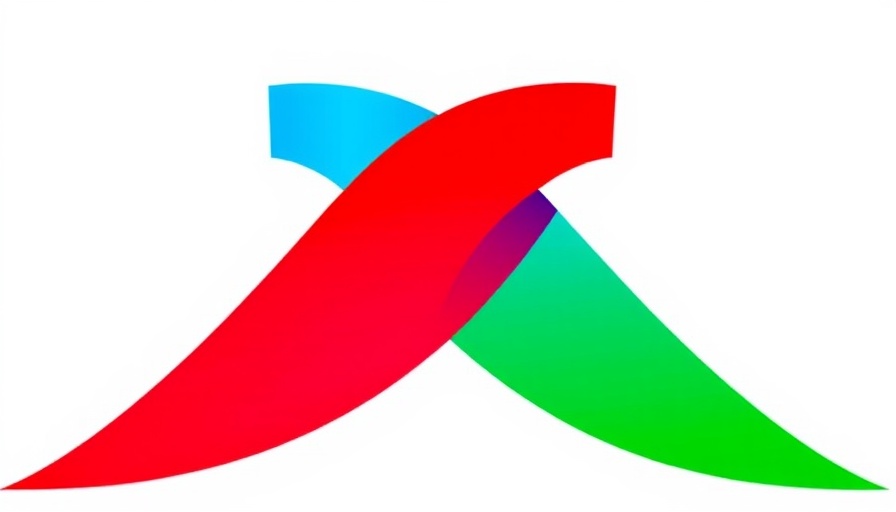
An Unseemly Myth: Why Salted Apples Don’t Cure Headaches
In recent weeks, social media platforms have seen the rise of a peculiar health myth—that eating a salted apple can provide instant relief from headaches. This claim has continued to gain traction, particularly on Facebook and TikTok, enticing vulnerable individuals seeking quick remedies for their ailments. However, upon closer investigation, it becomes evident that such claims lack credible scientific support.
Understanding Headaches: A Complex Reality
Headaches are not a singular condition; they encompass various types—tension, migraines, cluster headaches, and sinus headaches—each presenting distinct causes and appropriate treatments. According to the Mayo Clinic, factors such as dehydration, stress, and poor posture can contribute to headache onset. Yet, neither apples nor salt are recognized as effective treatments within medical guidelines.
The Salt and Apple Remedy: Debunking the Myth
The idea that salt and apples work together as a cure likely stems from anecdotal evidence and home remedies rather than scientific consensus. While apples are hydrating and containnatural sugars that can stabilize blood sugar levels, chronic reliance on such unproven remedies risks neglecting proper medical advice for headache management. For more severe types, such as migraines, treatment typically involves pharmaceutical interventions, which range from anti-inflammatory drugs for mild cases to triptans for severe episodes.
The Dangers of Excessive Salt Consumption
It's critical to consider the potential harms of excessive salt intake. The World Health Organization warns against high salt consumption, linking it to elevated blood pressure and a greater risk of heart and kidney diseases. Caution should be exercised, as not only does excessive salt fail to improve headaches, but it can compound underlying health issues.
Conclusions: Reliable Alternatives for Headache Relief
For individuals grappling with headaches, an effective approach often includes lifestyle modifications such as regular hydration, sleep improvement, and exercise. Serious headaches, especially those accompanied by neurological symptoms, call for immediate medical attention. As the discourse continues to evolve around health myths in Africa and their implications on well-being, it is essential to advocate for informed decision-making grounded in science.
In a world saturated with misinformation, the responsibility lies with each of us to question prevailing narratives and seek out evidence-based solutions. For those impacted by this myth, staying educated can lead to healthier, more informed choices.
 Add Row
Add Row  Add
Add 


 Add Row
Add Row  Add
Add 

Write A Comment